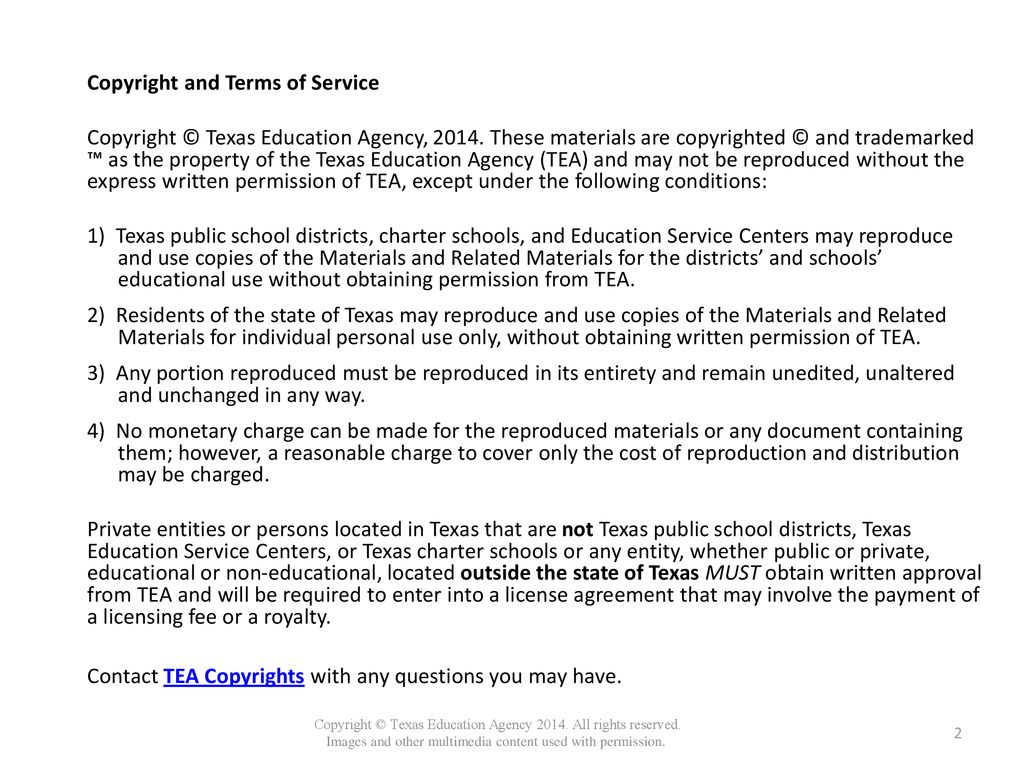Aggravated Assault Texas Penal Code - Have you been accused of assaulting a public servant in Tarrant County, Fort Worth, or anywhere else in North Texas? If the answer is yes, then you should hire an experienced and serious criminal defense attorney. Assault charges in Texas criminal court are dangerous, but the stakes are even higher if the charges involve a public official.
In Texas, assault on a public servant is a third degree felony, even if there is no physical contact! There are many scenarios where a police officer, security guard, or firefighter could be accidentally injured. Also, some charges related to assault on a public servant do not involve injury or actual physical contact. In some cases, a simple slow down or defensive stop to protect yourself can be misinterpreted by law enforcement and you could be falsely accused of assaulting a public servant.
Aggravated Assault Texas Penal Code

That's why you need a strong criminal defense legal team on your side. An experienced and aggressive criminal defense attorney is your best hope for reducing or dismissing assault charges against a public servant.
Video: What Is A Habitual Offender Under Texas Criminal Law?
The Texas Penal Code delves into specific circumstances and requires that the accused know that the victim is a government employee if wearing an easily identifiable uniform or badge.
The Texas Penal Code further lists specific individuals who may be considered public employees: EMTs, paramedics, law enforcement and police officers, security officers, firefighters, and EMS personnel.
However, at the end of the chapter, there is a detailed overview of how Texas identifies emergency responders of particular concern. The law states that emergency service personnel include those working in all of the above positions
"And other persons who, in the course and purpose of employment or as volunteers, render services to the public in times of emergency."
Texas Penal Code: Assaultive Offenses
This broad generalization in Texas penal law makes it more difficult for some prosecutors to oppose raising simple assault charges for assault on a public employee when the victim is not actually a public employee.
Although allegations of assault against a public servant are serious, many times the alleged aggressor had no control over the circumstances leading to the charges. Following are some scenarios that illustrate these situations:
As you can see, each of these incidents is very different, but each can result in criminal charges being filed against you.

According to Texas law, aggravated assault on a public servant occurs when law enforcement officers, EMS personnel, or EMS personnel are struck with a deadly weapon or inflict serious bodily injury. If a deadly weapon is used in one of the hypothetical situations above, the charges may be more severe and the penalties may be more severe.
What Is My Defense To Aggravated Assault In Texas
In these cases, deadly weapons include knives, guns, explosives and clubs. If you have been accused of assaulting a public servant and a weapon was used, contact a criminal defense attorney who is familiar with aggravated assault charges. They should start as much as possible to protect you from being assaulted by a public official.
In Texas, assaulting a public servant is a third-degree felony, and if you're charged, you can be punished. The conviction carries up to 10 years in prison, an additional 10 years of probation and a fine of up to $10,000. Note that the maximum sentence is 25 years with a firearms ban of 20 years. Job applications must list non-voting and lifetime violent crimes. For a first-time offender, such a decision is unacceptable. This creates a premium for hiring a criminal defense law firm with a proven track record of defending citizens of Fort Worth and Tarrant County, Texas against charges of assault by a public officer.
Yes I do. It's important to understand that in order for you to be convicted of assaulting a public servant, you only need to prove a threat of physical harm, not physical contact. How is this possible? If a police officer or other public official says that your actions put them in fear of serious bodily injury or death, you may be charged with assault on a public officer.
If any weapon was involved in the assault, the offense was "aggravated" and the punishment more severe. If the charges escalate to aggravated assault on a public servant, you're looking at a first-degree felony. If convicted, he could be sentenced to life imprisonment; A public servant who loses his life in Texas could face the death penalty if convicted. That's why you need an experienced civil servant assault attorney.
Texas Department Of Criminal Justice
The most important difference between simple assault charges and assaults on a public servant is that the alleged aggressor must have known that the alleged victim was a public servant at the time of the incident. If the prosecutor can't prove you knew this, the charges should at least be reduced to simple assault (a misdemeanor in Texas) or dismissed entirely.
For example, if you are involved in an altercation and an off-duty police officer is injured, the charge is reduced from assault on a public servant to simple assault if the off-duty police officer is not in uniform or wearing a badge. Therefore, it is important to carefully discuss this case with a criminal lawyer; You cannot be convicted of assaulting a public servant in Texas if you knew the person was a public servant.
Although there are conflicting witnesses, there are many other ways to refute these allegations. It may be argued that someone acted in self-defense because they feared for their safety or the safety of a family member; This strategy is considered positive protection.

In an oral defence, you admit the attack but give a valid reason. In these circumstances, it is reasonable cause that you attempted to defend yourself against such assault by the police officer. A police officer is not allowed to assault and harm you without reason. We have recently seen examples of police misconduct where citizens have been seriously injured or killed due to illegal actions by police officers. You have the right to defend yourself against an unlawful attack by the police.
Aggravated Assault Family Member Deadly Weapon
A person who has been drugged against their will, who has suffered a head injury, who cannot logically understand that the person is a government employee, or who can prove that the act was voluntary can also be used as a defense. Your criminal defense attorney will discuss all possible options with you.
Let's assume for a moment that you have a defense against an assault on a public servant. What should your criminal attorney do at the beginning of the process? The best assault attorneys in Texas will review the state's evidence and prepare an evidence package to present to a grand jury.
Texas Criminal Code requires that every criminal case in Texas be presented to a grand jury. The Texas Constitution requires that criminal cases be handled appropriately to protect the rights of the accused and presented to a grand jury to ensure that cases with limited evidence do not enter the criminal justice system.
Grand juries in Texas have three options when considering the merits of a crime against a public employee: (1) True Bill tries the case, approves a felony charge, and sends it to the Criminal District Court; (2) reducing the charge to a misdemeanor and filing it in a misdemeanor court; or (3) bill case - equivalent to acquittal or dismissal. Unfortunately, many criminal defense attorneys fail to take advantage of the opportunity to present evidence to a grand jury. If your criminal defense attorney is unable to present evidence to a grand jury, the grand jury will only have the attorney's version of events, which is usually the case that is indicted and assigned to the district court.
Assault Vs. Aggravated Assault Charges In Texas
It is essential that you hire an experienced and aggressive criminal defense attorney who is familiar with the jury process to give you the best chance of having your criminal case reduced to a lesser charge or dismissed. Indicted by a grand jury.
The first decision you will need to make after being accused of assaulting a Tarrant County police officer, EMS personnel or other public official is who you will hire to defend you.
If you have been the victim of an assault on a public servant, call the Hampton Law Firm at 817-826-9905. Jeff Hampton and his team of former lawyers

Aggravated assault attorney, what's aggravated assault, aggravated assault lawyer cost, aggravated assault a felony, texas penal code assault, 1st offense aggravated assault, aggravated assault sentence, aggravated assault charges, aggravated assault and battery, aggravated indecent assault, aggravated assault, aggravated assault lawyer
0 Comments